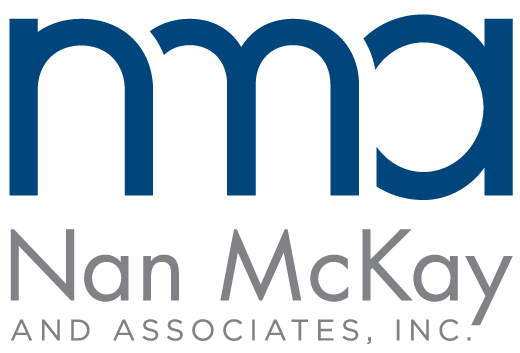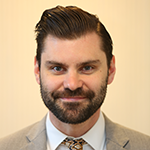Keys to running a successful FSS program
Adam Ensalaco, one of NMA’s experts on FSS program management, shares his thoughts on maintaining a successful program.
 What is FSS?
What is FSS?
FSS is the most powerful mechanism in the HUD world for moving a family out of poverty, bar none.
The FSS—Family Self-Sufficiency—program enables HUD-assisted families to increase their earned income and reduce their dependency on government assistance. A roof over their head and rent relief are not enough; FSS provides the momentum families need to become self-sufficient.
When a family expresses interest in the FSS program, the PHA helps them create a plan to become self-sufficient, with tangible goals for them to meet over the course of the next five years.
Running an FSS program
The most important thing to understand about FSS is that for the program to meet its potential, plans must be specialized to each family. An extensive, vocational, highly personalized needs assessment by a professional is paramount to discover needs the family can’t overcome or don’t realize are important. If a family’s needs aren’t met due to an insufficient assessment, they’re at risk of falling out of the program.
But excellent needs assessments are rare. PHAs have limited resources to devote to making sure each family gets the attention it should. Many try to use a questionnaire to fulfill HUD’s needs assessment requirement, but this isn’t ideal for meeting individual needs and can result in unrealistic goals for the family.
The best FSS programs are reactive to the needs of the community. PHAs should listen to their caseworkers’ requests and respond within their capability. Executive investment is powerful, too; when a PHA’s HCV director, finance director, and other high-level staff take an interest in FSS, that’s when the program has the resources it needs to succeed.
What’s new in FSS?
The FSS contract includes a family’s annual income, earned income, and family rent (TTP in public housing, or 30% of adjusted income in HCV). The contract allows the PHA to take these numbers from their most recent 5-8, if it was conducted in the last 120 days.
In Notices of Funding Availability for 2019 and 2020, HUD did away with the "120-day rule," but they have not said this in a PIH Notice. We have reached out to HUD to get clarification on whether the Notice of Funding Availability has the same weight as a PIH Notice. What is clear is that if a PHA received a coordinator grant through the 2019 or 2020 NOFAs, then the "120-day rule” is indeed, removed. If the PHA got its coordinator grant from a NOFA before 2019, then it is currently unclear as to whether the “120-day rule” is still in effect, and we recommend contacting your HUD field office. We will, of course, update our classes and materials once we get a definitive answer from HUD on the fate of the “120-day rule."
That said, it is always advisable to keep the family’s best interests in mind. It is certainly appropriate to conduct another interim reexam if the total income or earned income have decreased since the last reexam. Remember, a family with high “baseline” figures will have more difficulty accruing escrow during the term of the contract. But if their income has not changed, forgoing the “120-day rule” could potentially save lots of time spent on paperwork.
…
If an FSS program is well run and the PHA is willing to devote the necessary resources and attention to it, it’s the most powerful tool available for getting families out of poverty and helping them toward home ownership.
NMA offerings
In our Family Self-Sufficiency training, we provide the research behind FSS and go over the rules, assumptions, and realities. We tell them common errors and pitfalls to keep an eye out for as they blaze a path for self-sufficiency. See upcoming FSS trainings
The NMA Family Self-Sufficiency (FSS) Master Book helps your PHA establish and maintain a successful FSS program that meets all HUD requirements. Get the FSS Master Book
About the expert
Adam Ensalaco began his housing career in Chicago as a Homelessness Coordinator at the Center for Independent Living for people with disabilities. He started working with NMA as a contractor at Chicago Housing Authority on a number of housing programs. He’s now an NMA trainer and one of our resident experts in FSS.




